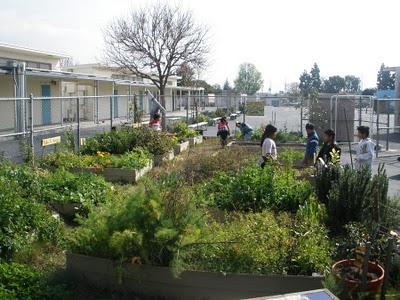Product Focus-Gardening prepares your child for success!
 Student driven learnig garden. "A garden is a grand teacher. It teaches patience and careful watchfulness; it teaches industry and thrift; above all it teaches entire trust." “Tasks students are assigned and the activities students are encouraged to undertake are clearly linked in the minds of the teacher and the students to problems, issues, products, performances, and exhibitions about which the students care and upon which students place value.” -Phil Schlechty "If schoolwork is to have coherence and meaning for students, the activities students undertake must focus on a product, performance, or exhibition that transforms meaningless activity into engaging work. Creating engaging work for students is the first step in Working on the Work. Indeed, this creative act makes it possible to design work for students rather than to simply plan activities for them to do." -Phil Schlechty | GISD LEARNING GARDENSA learning garden is a Product Focused way of teaching not only STEM Concepts but, real world lifetime learning. Producing a sustainable learning garden for the school and the community can result in many positive results.
|